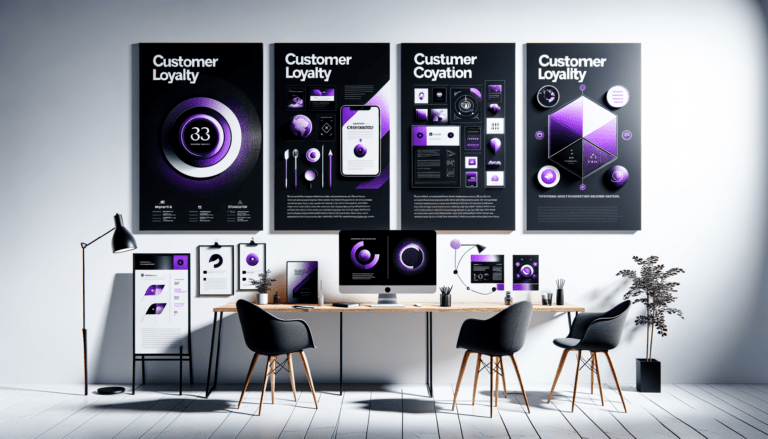
Table of Contents
Unveiling the Psychological Strategies Brands Use to Capture Your Attention
Introduction
In today’s fiercely competitive market landscape, grabbing and holding consumer attention is both an art and a science. Brands are constantly vying for space in the customer’s mind, making it crucial to understand consumer psychology as a backbone for effective communication. In this post, we’ll explore three fascinating psychological strategies that brands wield to capture your attention and ensure their messages stick.
The “You” Effect: Personalizing the Message
The “You” Effect revolves around the powerful use of personalization in marketing. By directly addressing the consumer, brands create a sense of intimacy and interaction, making each message feel uniquely tailored.
Why Personalization Works
- It builds an emotional connection.
- It transforms the message from generic to personalized.
- It increases engagement and attention.
Consider campaigns like Spotify’s “Wrapped,” which uses your listening data to create personalized playlists that leave a lasting impression.
Making Personalization Work for You
- Use data analytics to understand your consumer base.
- Address customers directly in your messaging.
- Embed personalization into your storytelling and visual content.
The Negation Effect: Harnessing the Power of Negative Language
The Negation Effect taps into our brain’s natural inclination to focus on negative information—a trait evolved from our survival instincts. Surprisingly, negative language can be a powerful tool to capture attention.
The Power of “No”
- Engages curiosity by introducing an element of surprise.
- Triggers a cognitive need to resolve discontinuity.
- Encourages deeper processing of the content.
Think of campaigns featuring phrases like “Don’t Miss Out!” or “Never Settle,” which skillfully leverage the negation effect to pique curiosity and drive action.
Using Negativity Positively
- Balance negative language with positive messaging to maintain brand positivity.
- Focus on problem-solving—present the negative then offer a positive alternative.
- Test different negative phrasing to see what resonates.
The Clone Effect: Creating Memorable Patterns Through Repetition
The Clone Effect captures the pursuit of repetition and orderly patterns in advertising. When our brains detect patterns, they inherently find them appealing and memorable.
Pattern Recognition Power
- Creates a consistent brand image.
- Leverages cognitive ease by making the message easier to process.
- Builds brand recognition through familiarity.
Apple’s iconic product lineup imagery epitomizes the Clone Effect, showcasing a row of identical devices that communicate precision and perfection.
Repetition Without Repetition Fatigue
- Blend repetition with creative variations to keep content fresh.
- Focus on creating a visual narrative that tells a story.
- Incorporate feedback and iterate based on consumer response.
Conclusion
Understanding and leveraging these psychological strategies—The “You” Effect, the Negation Effect, and the Clone Effect—can transform how brands connect with consumers. By blending these techniques, marketers can enhance their message’s effectiveness, making it both engaging and memorable.
We invite you to share your thoughts on these strategies and how they’ve impacted your perception of brands. Join the conversation and explore more about the fascinating intersection of consumer psychology and marketing tactics!
Ready to take your brand to the next level?
Ready to take your Website to the next level?
Subscribe for more Useful Content
This publication contains general information only and Dream Engine is not, by means of this publication, rendering accounting, business, financial, investment, legal, tax, or any other professional advice or services. This publication is not a substitute for such professional advice or services, nor should you use it as a basis for any decision, action or omission that may affect you or your business. Before making any decision, taking any action or omitting an action that may affect you or your business, you should consult a qualified professional advisor. You acknowledge that Dream Enigne shall not be responsible for any loss sustained by you or any person who relies on this publication.



